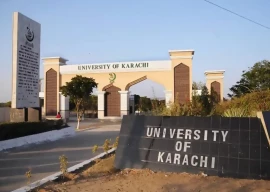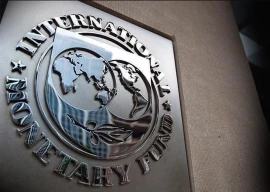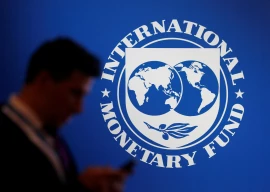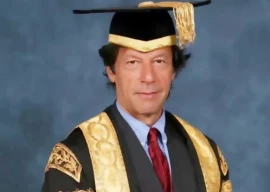
A two-judge bench of the apex court, headed by Justice Mushir Alam, observed that two judges cannot hear and decide an appeal against a judgment given by a three-member bench of the high court. The provincial government through the health secretary had approached the court appealing against the July 4 judgment of the SHC division’s two-judge bench. It had nullified the devolution of Jinnah Postgraduate Medical Centre (JPMC), the National Institute of Cardiovascular Diseases (NICVD) and National Institute of Child Health (NICH) as well as the National Museum to the province under the 18th Constitutional Amendment made by then Pakistan Peoples Party-led federal government in 2011.
Sindh advocate-general Barrister Zamir Ghumro said the SHC full bench had no jurisdiction to decide the matter that can be disputed only between the federation and provinces, under Article 184 of the Constitution. “It is therefore the conclusion of the learned full court with due respect is not sustainable in law,” he said, adding that only the SC can deal with the matter.
Ghumro gave the reference of the Lady Health Workers Programme case in which the SC decided that health was a provincial issue. It ordered the provinces to regularise these employees and place the service structure for the apex court, he pointed out. Due to these facts, the Sindh Assembly passed the Sindh Civil Amendment Act, 2014, for the protection of rights of employees of devolved institutes.
The provincial law officer claimed that from 1935 to now health had been a provincial subject. It was neither mentioned in the federal legislative list nor was it on the concurrent list. “It is, therefore, under Article 142-C, the Provincial Assembly has exclusive power to make laws regarding matters which are not mentioned in the federal legislative list,” he argued.
He added that the SHC had also failed to appreciate that the employees of any institution - including the JPMC, NICVD and NICH - could not invoke the jurisdiction of the high court where a matter could be disputed only between the federation and the provinces and their terms of conditions of service stand protected under the law, as the same was barred under the article 212 of the constitution.
Therefore, it was pleaded the apex court grant leave to appeal to Sindh government against the SHC judgment. It was also requested to set aside and suspend the operation of the full-bench judgment till the final decision on the appeal.
The appeal was taken up by a two-judge bench, comprising justices Mushir Alam and Khilji Arif Hussain, who observed that the division bench can neither hear nor decide an appeal against the judgment of the SHC’s three-judge bench. Therefore, it asked the office to place the matter before the three-judge bench of the SC.
Published in The Express Tribune, July 19th, 2016.





1696096607-0/image-800x600-(13)1696096607-0-270x192.webp)







1725083820-0/Untitled-design-(24)1725083820-0-270x192.webp)









COMMENTS
Comments are moderated and generally will be posted if they are on-topic and not abusive.
For more information, please see our Comments FAQ